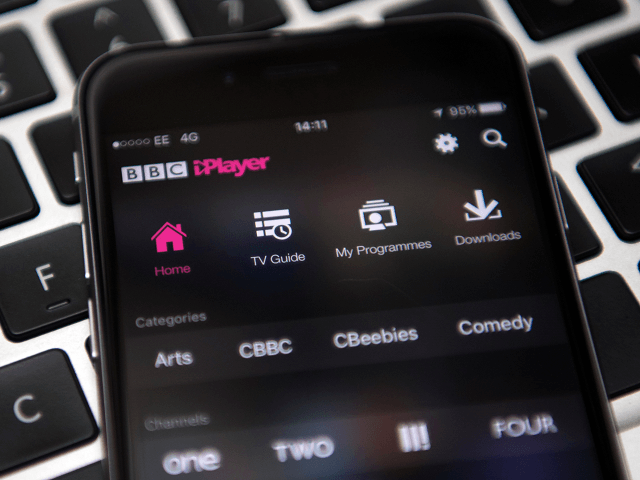The United Kingdom’s state media organisation the BBC has announced their intention to collaborate with social media giants to “interrogate” new media competitors and to imitate their successes by pouring money into new content that targets younger viewers.
The news comes from the BBC’s first annual plan, a report ordered by the British broadcast regulator to improve accountability of the media giant to the British people who fund it.
The corporation is predominantly funded by the licence fee, a £147 annual charge to all households which watch live broadcasts — whether they use the BBC or not.
As part of the corporation’s plan for delivering media into 2018, the BBC has vowed to go on the attack against their competitors — who they describe as “outliers” — declaring a challenge to what they call “fake news”. Hailed as a “key announcement”, the BBC said they would:
“…strengthen the BBC’s capability for interrogation of data, facts and presentation. Reality Check will be expanded and will fact-check the most popular outliers on social media and refute claims if they are found to be false. Work is also continuing with Facebook on how we can be most effective at building trust and reducing the impact of ‘fake news’.”
Also on the BBC’s radar is their failing appeal amongst the young in society, who are increasingly turning to social media and online streaming services to find amusement, information, and news.
Coming just months after the news the average BBC1 television viewer was 61 years old and that just 66 per cent of 16-34-year-olds watch BBC television at all, the corporation said: “Our ambition to reinvent the BBC for a new generation is our biggest priority for next year.”
Recognising the power of social media in news in 2017 and that “live video functionality on third-party platforms like Facebook and YouTube continues to lead the market”, the BBC said they would ” need to offer our own natively mobile live content on our platforms as well as using social platforms to reach out to targeted audiences, including women and the young and show them that we are relevant to their lives”.
The BBC said of the plan to use money taken from the licence fee to fund moves into the digital realm that: “£31.4m will be spent online on content that will include video, live online programme extensions, blogs, vlogs, podcasts, quizzes, guides, games and apps” in three years.
The tax-like licence-fee funding structure that sustains the BBC has long been a matter of controversy, with many in Britain supporting the corporation seeking a change in the way it pays for itself.
More recently, Breitbart London reported on the remark of long-time senior BBC presenter Jeremy Paxman, who said the corporation was out of touch and the licence fee “antediluvian”, and nothing more than “a tax on one piece of electronic equipment”.

COMMENTS
Please let us know if you're having issues with commenting.